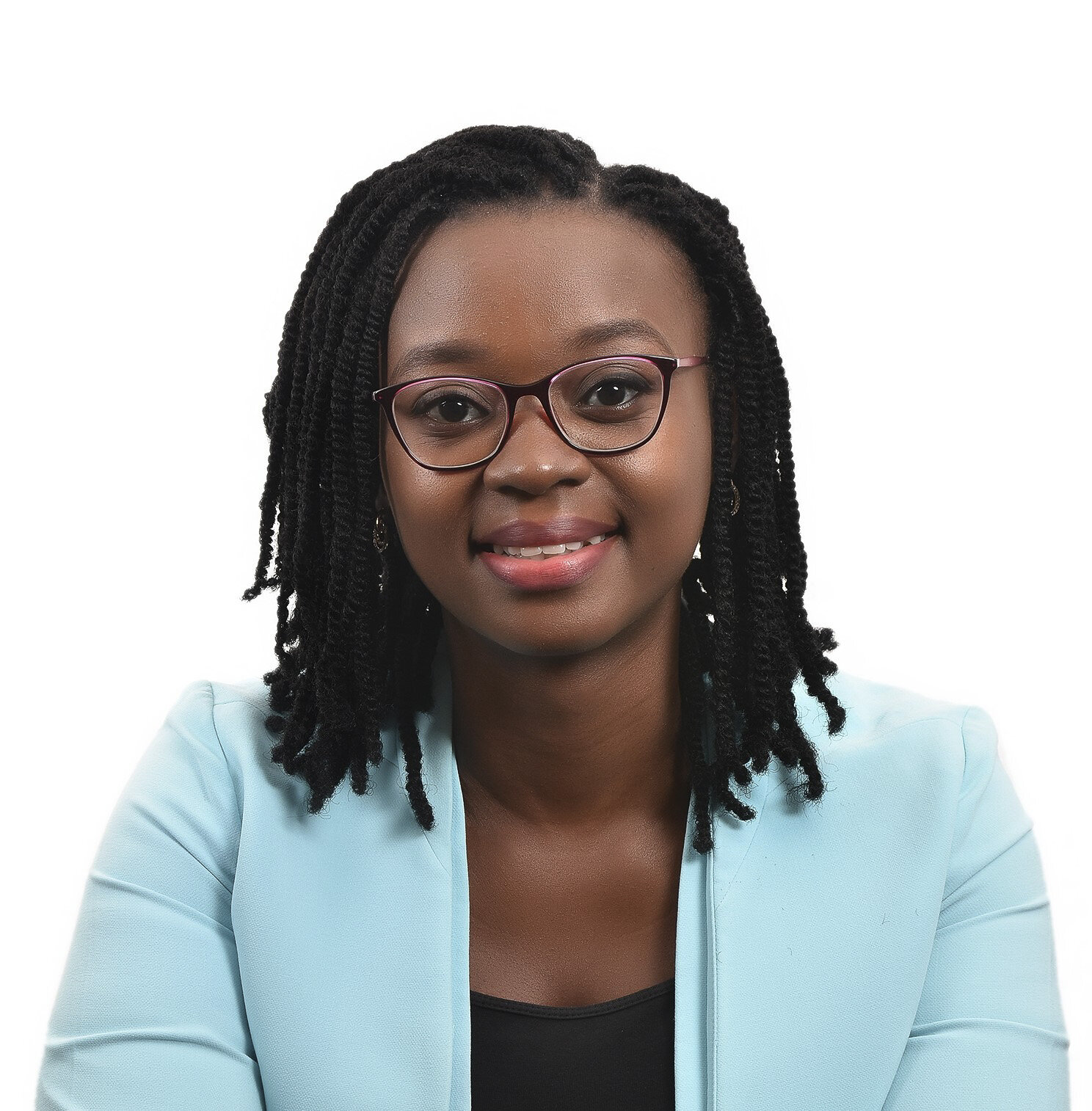Briska Shemang was born in Nigeria, relocated to Botswana at the age of 13 and is currently completing a master’s degree in Obstetrics and Gynaecology (OBGYN) at the University of Stellenbosch in South Africa. Her father was an academic in Geophysics at the University of Botswana and she left her home in Nigeria to live with him in Botswana where she completed her secondary school education and her degree in medicine. As a young doctor in training she was especially drawn to OBGYN and the social issues that surrounded women’s reproductive health. She saved a portion of her limited salary when she was earning so that she could meet the costs of her master’s degree and funded herself largely from her savings for the first year of the program. Her reviewer recognized that serving as an unpaid volunteer in obstetrics and gynaecology in Botswana for over six months, was an impressive and selfless commitment. Her level of commitment became clear in the interview when she shared with the selection committee that she had been infected with COVID-19 in the early stages of the pandemic while working at the hospital. Nevertheless, upon recovery, she returned to the hospital where she works in an unpaid position as a registrar.
Her professional goal is to make reproductive health care, especially with respect to fertility, more accessible to women in Africa. She makes the point that the availability of fertility treatment for women in communities where fertility carries high social and cultural value, is especially important.
Briska says, “my goal is to establish a reproductive health care center in northern Nigeria which will serve to educate the community on fertility, increase access to good quality services for the poor and provide excellent obstetrics and gynaecological services.”








